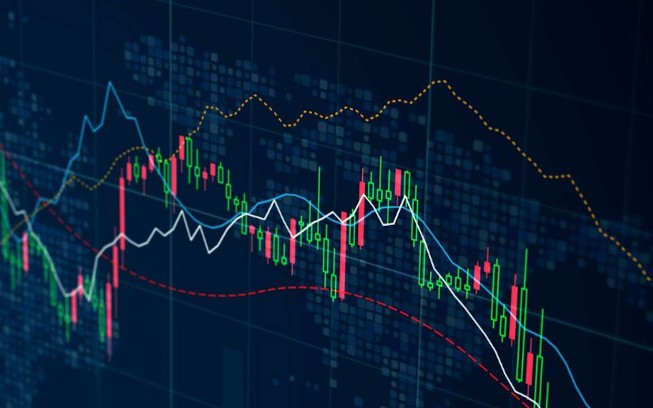
Forex trading, often regarded as one of the most lucrative forms of investment, has gained immense popularity worldwide. However, for Muslim traders, the question of whether forex trading is halal (permissible) or haram (forbidden) is crucial. This article explores the intricacies of forex trading through the lens of Islamic finance, providing insights into its compliance with Sharia law and featuring different scholarly opinions. For detailed resources and trading tools, you can visit forex trading halal or haram https://trading-terminal.com/.
Understanding Halal and Haram in Trading
Islamic finance is founded on principles that promote justice, transparency, and equity in economic transactions. Activities that involve excessive uncertainty (gharar), gambling (maysir), and interest (riba) are deemed haram. Therefore, when assessing whether forex trading aligns with Islamic principles, it is crucial to evaluate these factors carefully.
The Mechanism of Forex Trading
Forex trading involves the exchange of currencies in a global market with the aim of profiting from fluctuations in exchange rates. Unlike traditional stock trading, forex operates on a decentralized platform, making it accessible to anyone with an internet connection. Traders can engage in spot trading, forward contracts, and futures, each possessing unique characteristics and risks.
Scholarly Opinions on Forex Trading
Opinions among scholars regarding the permissibility of forex trading are diverse. Many scholars argue that forex trading can be halal if conducted in accordance with Islamic principles. They emphasize the importance of avoiding leveraged positions that may lead to excessive risk and uncertainty.
Permissible Aspects of Forex Trading
1. **Immediate Exchange**: Forex transactions, when executed with the immediate exchange of currencies, are generally viewed as halal. This is because immediate transactions do not involve excessive speculation or uncertainty.
2. **No Interest**: Islam strictly prohibits interest. Traders must ensure that their forex activities do not involve interest accruals, which can commonly occur in leveraged trading.

Non-Permissible Aspects of Forex Trading
1. **Speculation**: Forex trading that resembles gambling can be considered haram. If traders engage in high-risk speculation without a robust strategy or margin trading, it raises ethical concerns.
2. **Use of Leverage**: While leverage can amplify gains, it can also lead to significant losses. Engaging in leveraged trading may introduce elements of risk and uncertainty that are contrary to Islamic financial principles.
Islamic Forex Accounts
In response to the demand for compliant trading options, several brokers offer Islamic forex accounts. These accounts are structured to adhere to Sharia law, typically featuring no interest on overnight positions and excluding transactions that involve excessive risk. However, traders must thoroughly research and choose reputable brokers that offer genuine Islamic trading conditions.
Practical Considerations for Muslim Traders
1. **Education**: Muslim traders should educate themselves about forex trading and its implications within an Islamic context. Understanding the mechanics of trading, the risks involved, and strategies for responsible trading is essential.
2. **Consultation with Scholars**: Seeking guidance from knowledgeable Islamic scholars can provide clarity on specific trading scenarios. Different scholars may have varying interpretations, so it is beneficial to consult with reputable sources to make informed decisions.
Conclusion
In conclusion, whether forex trading is halal or haram largely depends on how it is conducted. Engaging in responsible trading practices, avoiding excessive speculation, and ensuring compliance with Sharia law are paramount. As the financial world evolves, Muslim traders must continually assess the ethical implications of their trading activities, striving for a balance that upholds their faith while pursuing financial opportunities.